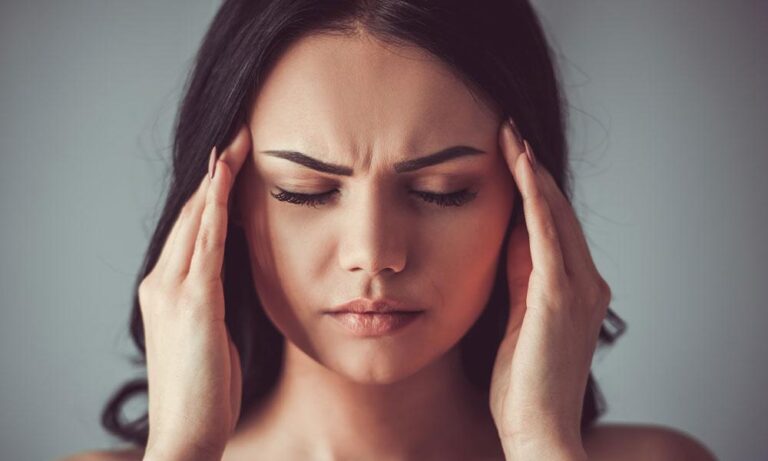Migraines are a complicated type of headache condition that affects millions of people every year. Out of the three-quarters of the adult population between the ages of 18 to 65 who suffer from headaches, at least 30% experience migraines.
The best method to prevent migraine headaches, like many other medical conditions is to identify your triggers and devise strategies to stay away from them. Our pain management specialists can assist you in managing your condition and lowering your risk of recurrent migraine attacks if you suffer from chronic migraines.
Specialty Care Clinics offer pain management treatment and services from multiple locations in Texas.

TRIGGERS OF MIGRAINES
For the majority of us, a sudden migraine attack means a dark room, a bed, and a cool towel. Even though they seem to appear out of nowhere, many people will discover that there are typically some indications that a migraine episode is approaching. These indicators may help you identify patterns in your symptoms and may even provide you with migraine management strategies that are preventive. Although everyone’s migraine triggers are unique, there are a few common causes that are felt by a lot of migraine sufferers. Knowing your triggers will put you one step closer to controlling your migraine and preventing more episodes.
Migraines can be brought on by several things. While millions of people regularly experience average to above-average amounts of stress with little to no negative effects on their health and quality of life, for some people, stress can cause migraines.
In addition to stress, the following things can trigger migraines :
- Food (highly processed foods)
- Drinks (specifically alcohol and caffeine)
- Sensory overstimulation, including light, sounds, and smells
- Certain medications, like oral contraceptives
- Hormonal fluctuations
- Sleep problems (too much or too little)
- Changes in barometric pressure
- Extreme physical exertion
You may also be more likely to get migraines if someone in your family has had them before. Migraine headaches often occur more frequently in teens and are typically three times more common in women than in males. As age, their frequency declines and frequently peaks in the 30s (however, people can have migraines at any age).

WHAT TO DO IF YOU HAVE MIGRAINES?
Mild to severe migraines might occur, and their duration can range from a few hours to many days. Individuals may go through numerous episodes in a single year.
One of the cornerstones of migraine prevention and treatment is modifying and changing one’s lifestyle. One aspect is identifying healthy outlets for stress management. Our experts may suggest a balanced diet and exercise routine to help you maintain a healthy weight since weight concerns can contribute to chronic migraines and many other health issues that can also result in other types of pain.
Migraines can be treated with painkillers, as well as procedures like Botox® and acupuncture, in addition to lifestyle changes like relaxation, a good diet, and exercise.
To know more about your migraine condition and to manage pain visit Specialty Care Clinics. Our doctors are well experienced in treating migraines and managing the pain. Call us now.
